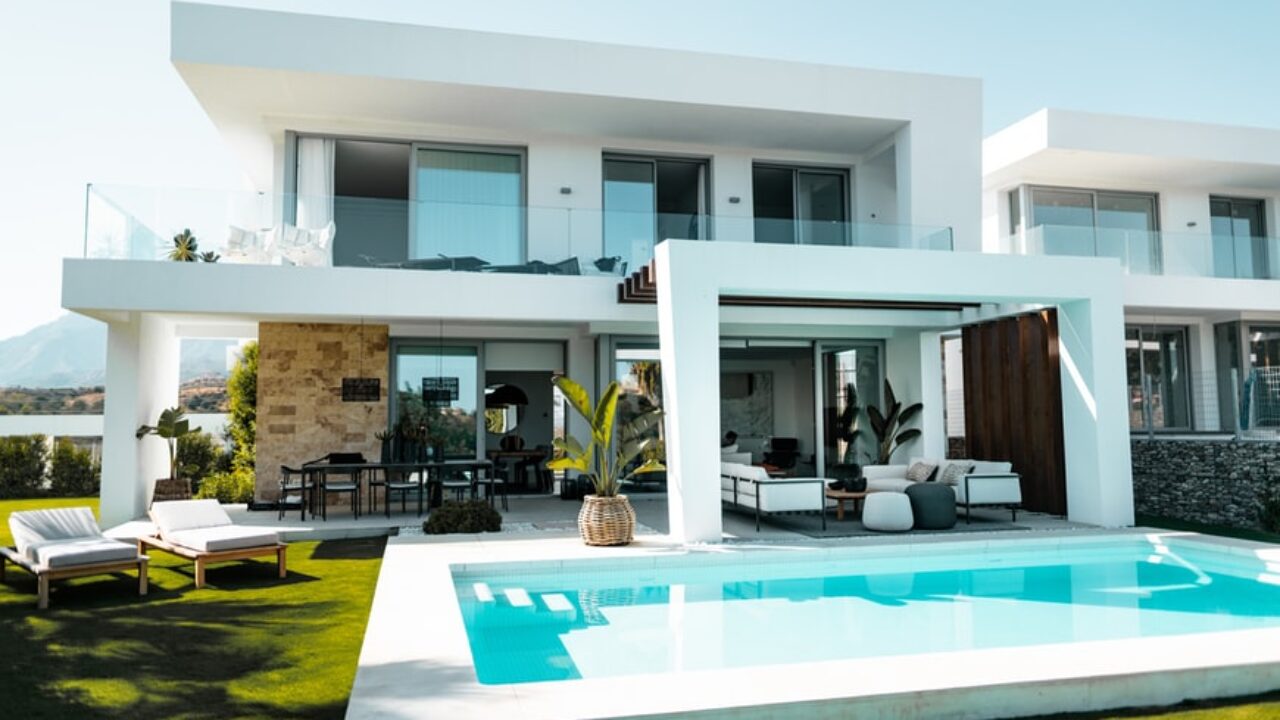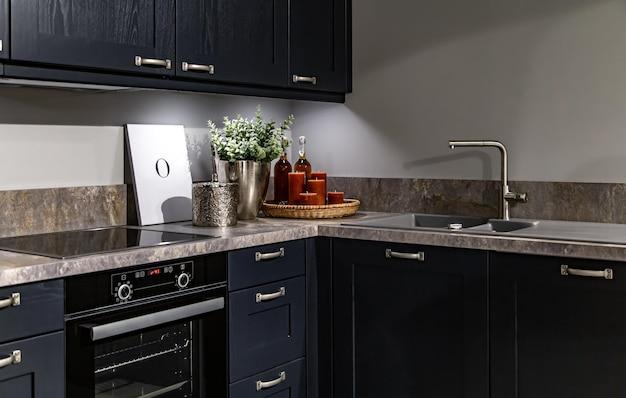
The Atlanta pool company was swimming along to what appeared to be a typical start to a busy season in January 2021, when something unexpected happened. Whether you agree or disagree with the current state of the United States, the “virus,” and the propaganda surrounding the false pretense of racial divide, one fact remains. This year, it’s even been difficult to find a place to buy a simple blow-up pool or an above-ground vinyl liner pool because everyone is out of stock! Whether or not it is legal for state officials to tell us to “stay in our homes,” there is no doubt that many people are doing so and are looking for ways to beat both the heat and boredom right now. Getting a pool is a good solution to this.
The installation of an inground swimming pool is a time-consuming process. Starting with a blank backyard, you get to control and watch as it transforms into the design you envisioned right in front of your eyes. Not to say that the process isn’t messy, as it is with any construction project, but the end result is always worth the effort and time. Making sure you have all of the necessary applications and permits is an important part of planning a pool installation. Although not always applicable, it may surprise some people who did not believe they were in a city jurisdiction zone. In some cases, the HOA ( Homeowners Association ) application and the Atlanta city permits may incur additional costs because these organizations charge fees for the administration of the documents they are requesting. A deposit is usually required for HOA applications. You must check with both your HOA and the city offices to determine what is required to install a new pool, and then simply deliver that information to the Atlanta pool company you want to work with so that they can walk you through the submission process.
Accurate quotes from an Atlanta pool company would be difficult to obtain if you did not have a design to work from. To obtain accurate quotes, you will need to know the exact dimensions of the pool structure as well as the surrounding components and features. The pool contractor will need to come out and spray paint the pool in the exact location of the pool. In most cases, this must be completed prior to receiving city approval to begin work based on inspection. However, in cases where no city permits are required, it can be completed just 24 hours before digging the hole. If you choose a concrete pool, this is the stage at which the pool shell is reinforced before the concrete is applied. This is also known as a “gunite pool.” This is the stage at which the pool bottom is poured with concrete and the sidewall panels are installed in vinyl pools. For gunite pools, this is when the gunite is applied, which is a large operation that is entertaining to watch. So long as the plumbing is already in place, vinyl pools will have the liner installed at this stage. Backfill will be placed around the pool shell in fiberglass pools.
This is not intended to be a complete, detailed itemization of the pool construction process, but rather to inform you of the typical snags and schedule delays that anyone will encounter during the process. This is a general guide that outlines the typical steps involved in pool installation.
2021 will undoubtedly go down in history and the record books for both good and bad reasons. It’s a nice, cool idea to buy a swimming pool for the backyard in hopes of improving the “stay-cation” vibes.
Just be aware that there will be some delays, which your friends and neighbors (who already have pools) may find amusing. So keep in mind that it’s not the pool builder’s fault and that everyone getting a new pool is dealing with the same issue right now in 2020, with effects that could last into 2023.







